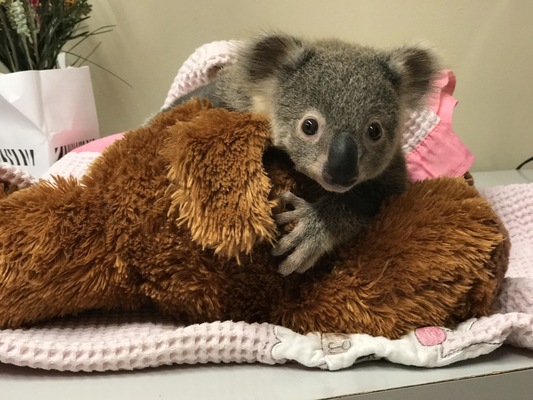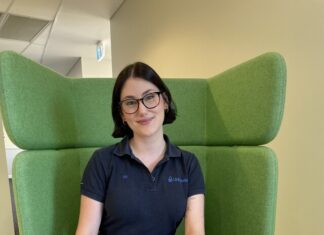Australia Zoo Wildlife Hospital at Beerwah is coming into peak trauma season, seeing a significant influx of injured wildlife through its doors.
Between October and February, the vets at the hospital are on high alert for at-risk animals.
Hospital director Dr Rosie Booth said during this period, many Australian animals were on the move looking for a mate, a new suitable habitat or to simply venture away from their mothers for the first time, leaving them more vulnerable to injuries caused by vehicles and coming into conflict with people and urban places.
Dr Booth said locals could do a lot to help our wildlife in their communities.
“We tend to think it’s only important to look out for other vehicles or people on the road, which isn’t the case – we already know that 30 per cent of our admissions to the hospital are hit by cars. It’s crucial to our environment to be vigilant of the wildlife surrounding us, especially at night and always expect the unexpected,” she said.
Additionally, many people still leave their pets, particularly cats that roam at night, unrestrained, resulting in attacks that can leave our native wildlife injured and fighting for their life.
She said the demand for wildlife treatment would only increase with more expansion projects commencing on the Sunshine Coast.
Peak trauma season for wildlife

Digital Edition
Subscribe
Get an all ACCESS PASS to the News and your Digital Edition with an online subscription
Next generation
Five engineering graduates have joined Unitywater as part of its Graduate Development Program, helping support water and wastewater services across the region, including Noosa.
The...







